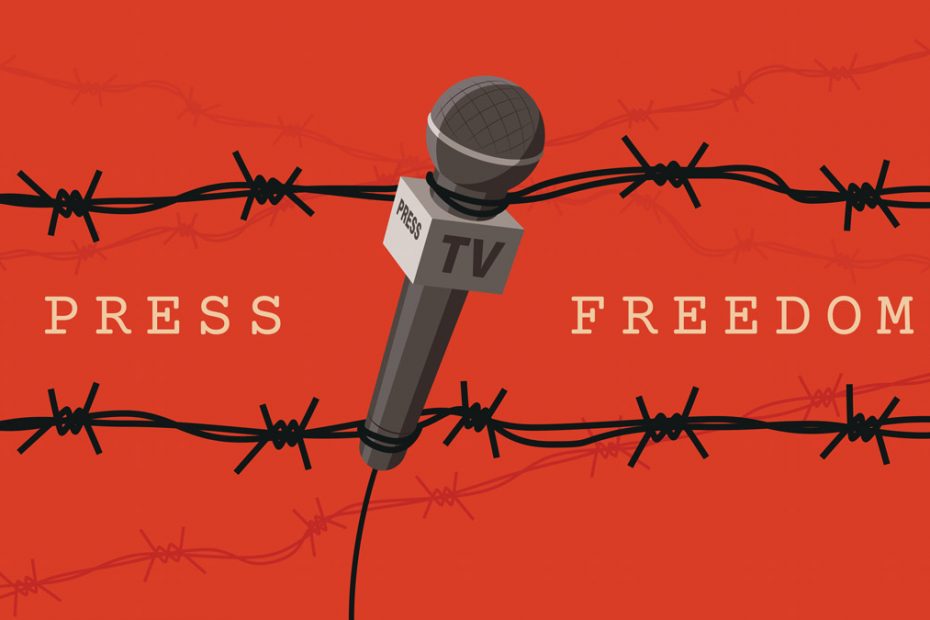
Source. Horn of Africa Observer, Thursday March 14, 2024 – 22:18:21 in Latest News by Horn Observer Contributor


The National Union of Somali Journalists (NUSOJ) was utterly surprised by today’s decision of the Council of Ministers, which proposed nine individuals for the Somali Media Council in clear violation of the legal provisions outlined in Article 14 of the amended media law of 2020.
According to Clause 14(1), the Somali Media Council should comprise nine members: three from public/state media, three from private media, and the remaining three from civil society, including the National Human Rights Commission, National Women’s Organization, and the Somali Bar Association.
Notably, the law erroneously refers to the National Human Rights Commission as a civil society organization, even though it is a statutory body established by law and cannot be considered as a civic society organization. More alarming is the absence of the National Human Rights Commission in the country, yet all nine positions required by law (including the commission’s representation) were filled and submitted to the Council of Ministers. Typically, changing the National Human Rights Commission’s representation would require a law amendment through a parliamentary process.
Clause 14(2) asserts the Somali Media Council’s independence from political and government interference. However, the journalist community was shocked to find a politician (a former senator) among the nine names presented to the Council of Ministers, blatantly compromising the Council’s independence and credibility and exposing it to political influence.
Furthermore, Clause 14(4) mandates that the Somali Media Council’s formation involves consultations among the Minister of Information, media organizations, National Union of Somali Journalists and civil society. Regrettably, these consultations did not occur, and the process was conducted in secrecy, marked by a lack of transparency and neglect of essential perspectives.
“We are profoundly appalled. Having previously raised alarms about the repressive provisions within this amended media law, we are utterly astounded to witness the selection of its nine members through such an unlawful process. While we acknowledge the presence of some colleagues within these nine who possess genuine credibility and integrity in the media, it is beyond belief that nominations were made in complete violation of the law,” stated Omar Faruk Osman, NUSOJ Secretary General.
Clearly, this Somali Media Council was not legally instituted, and therefore it holds no legal standing in the eyes of the law. The approval of such individuals by the Council of Ministers constitutes an unlawful act that could endanger press freedom and completely discredit the Somali Media Council.
NUSOJ, having previously declined to be a member of the media council, has a principled stance and calls on Prime Minister Hamza Abdi Barre to annul the endorsement of these illegally constituted Council members and to ensure strict adherence to the law. The country and the media community cannot afford a new and unnecessary press freedom crisis.
As custodians of the law of the land, NUSOJ appeals to President Hassan Sheikh Mohamud to intervene and refrain from signing this illegally composed media council into a presidential decree, as would normally be required by law. Instead, the union urges the President to ensure that the law, even if it is considered flawed, is respected and press freedom is upheld.
